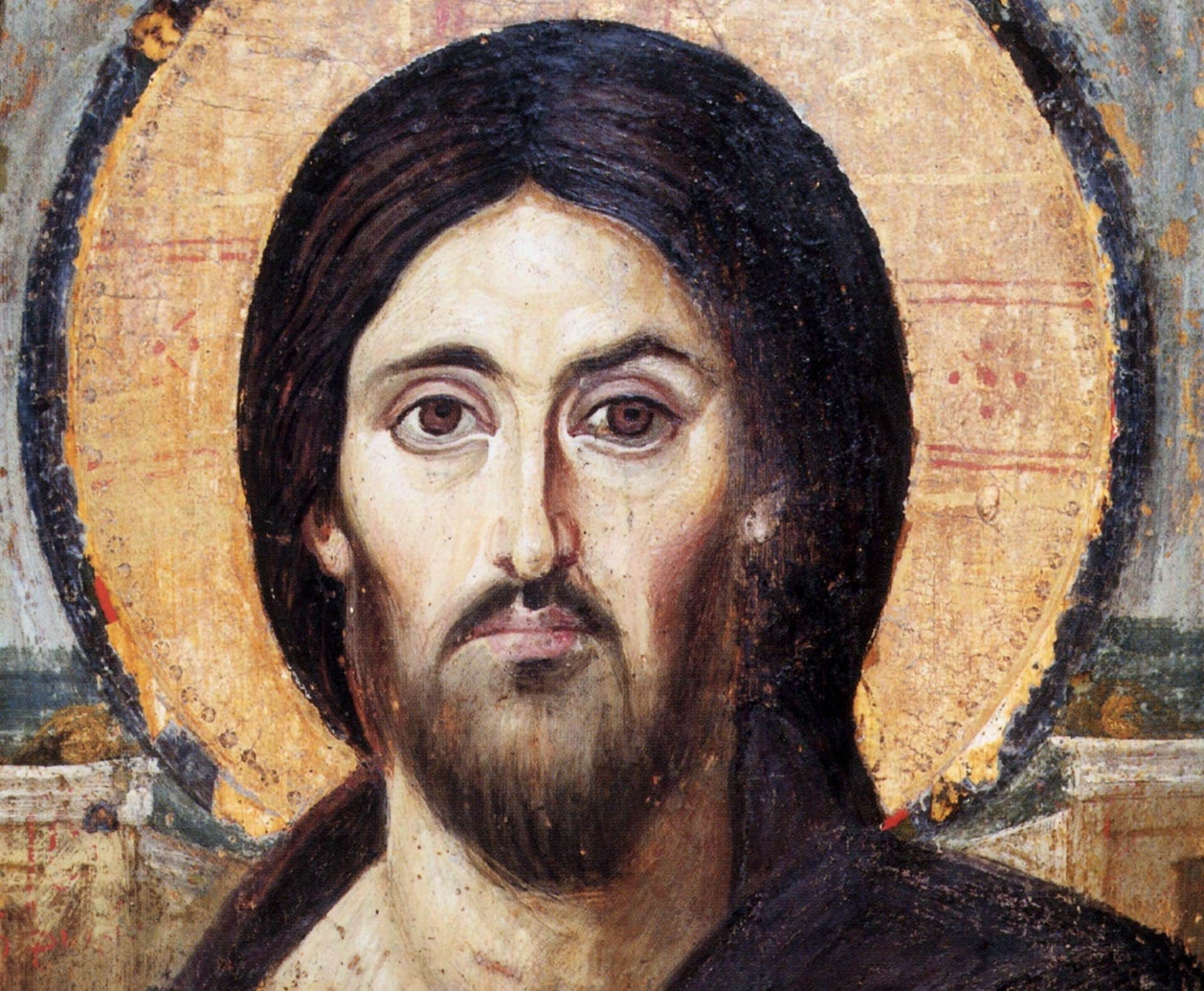

Jesus is the central figure of Christianity, but he is also a very important personage in Islam. While both religions assign him great respect and importance, their teachings differ in some important ways. What are these differences? In particular, what do Muslims believe about the crucifixion of Jesus?
First of all, let us consider why Jesus is an important figure in Islam. Islam is one of the three main Abrahamic religions. The other two are Judaism and Christianity. All three of them view Abraham as an important figure in their early history.
In the first century CE, a Jew known as Jesus of Nazareth founded Christianity, centred on his teachings and the writings of his followers. For this reason, Christianity could be considered as an offshoot of Judaism.
About six centuries later, an Arab named Muhammad founded Islam. While taking a lot of influence directly from Judaism, this religion recognised Jesus as a genuine prophet of God. Hence, while Jews do not recognise Jesus, Muslims give him considerable importance.
Nevertheless, despite being partially derived from Christianity, Islam’s view of Jesus is not identical to that of Christianity’s. According to Christians, Jesus is the absolute central figure in God’s purpose, the one to whom all of God’s promises were pointing. He came down from heaven to save mankind.
In contrast, Muslims do not assign such importance to Jesus. He is viewed as a human prophet, in the same vein as Abraham, Moses or Elijah. While he is seen as an exceptionally important prophet, he is not held to be anywhere near as special as Christians consider him.
Most denominations of Christianity hold Jesus to be God in the flesh. They know him as God the Son, one part of the Trinity. This teaching is not explicitly found in the New Testament, which describes him as God’s Son, and not all denominations today view him as God.
Nevertheless, the Christian scriptures are clear that Jesus had a pre-human existence. He was sent from heaven to earth, temporarily relinquishing his position as a powerful spirit being.
Muslims, in contrast, do not believe that Jesus had a pre-human existence. They consider Jesus to have been a human prophet like many others in the Bible.
Another area where the Islamic belief about Jesus is very different to the Christian understanding concerns how Jesus died. The Islamic belief about Jesus’ death is described here in Surah An-Nisa 4:157-158:
“And [for] their saying, ‘Indeed, we have killed the Messiah, Jesus, the son of Mary, the messenger of Allah.’ And they did not kill him, nor did they crucify him; but [another] was made to resemble him to them. And indeed, those who differ over it are in doubt about it. They have no knowledge of it except the following of assumption. And they did not kill him, for certain. Rather, Allah raised him to Himself. And ever is Allah Exalted in Might and Wise.”
According to this Muslim text, Jesus was not actually crucified by the Romans. Rather, someone else was crucified in his place. Interestingly, this says that the one who was crucified was ‘made to resemble’ Jesus to the onlookers. This suggests divine interference in the matter.
Regarding what actually happened to Jesus, this Muslim text says that Allah (that is, God) raised Jesus “to Himself”. Evidently, this means that Allah raised Jesus to heaven.
The Muslim belief about the end of Jesus’ life on earthhas parallels in the Christian Bible. The Book of Luke and the Book of Acts both claim that Jesus was raised up to heaven.
However, there is a key difference between what Muslims and Christians believe concerning this point. As we have seen, Muslims believe that Jesus was raised to heaven instead of being crucified. In contrast, Christians believe that Jesus was crucified, remained dead for parts of three days, and then was resurrected before being raised to heaven.
So while Christians and Muslims share many of the same beliefs about Jesus, there are important differences. Crucially, Muslims believe that Jesus was an important prophet but did not have a pre-human existence. They also do not believe that he was crucified. Rather, Muslims believe that Jesus was raised directly to heaven instead of being executed by the Romans.
